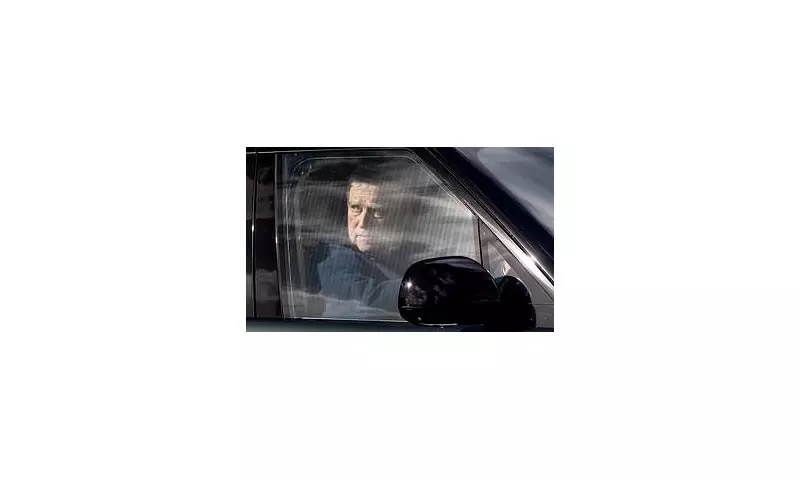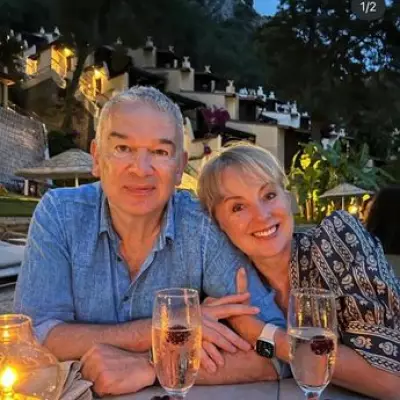
The Duke of York's life within the ancient walls of Windsor Castle has become one of quiet isolation and significantly reduced privileges, according to royal insiders. Prince Andrew, once one of the monarchy's most visible figures, now navigates a carefully constrained existence on the estate.
His presence at the historic fortress is strictly regulated, with the King's former home, Royal Lodge, remaining his primary residence while his access to the castle itself remains limited to specific, pre-approved occasions.
A Palace of Restrictions
Despite maintaining an office within the castle grounds, the Duke's movements are closely monitored and controlled. "His access is nothing like it was before," reveals a palace source. "He cannot come and go as he pleases—every visit must be scheduled and approved in advance."
The dramatic reduction in privileges extends to his ceremonial roles. The Duke has been effectively stripped of the traditional right to use the castle's magnificent state apartments for hosting events or entertaining guests, a privilege once enjoyed by senior working royals.
The Epstein Fallout
This restructuring of Andrew's royal life comes directly in the wake of his disastrous association with convicted sex offender Jeffrey Epstein and the subsequent civil sexual assault case filed against him by Virginia Giuffre. Although the case was settled out of court, the damage to his reputation proved irreversible.
The Queen's passing marked a significant turning point, with King Charles moving swiftly to redefine his brother's position within the institution. The message from the monarch was clear: Andrew's royal career, as it once existed, was over.
Life in Limbo
Today, the Duke occupies an unusual position—neither a working royal nor a completely private citizen. He retains his military affiliations but cannot wear uniform in public. He maintains his royal title but cannot perform public duties on behalf of the Crown.
His existence at Windsor represents perhaps the most visible symbol of his fall from grace—a royal prince living in the shadow of a palace he can no longer freely access, serving as a constant reminder of how dramatically his fortunes have changed.





